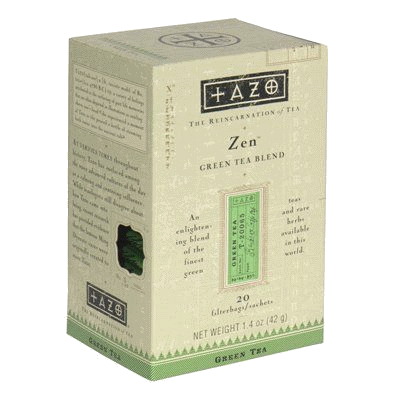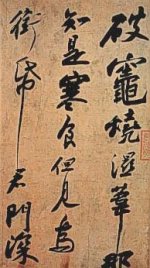What is Zen?
Zen Buddhism is a way and a view of life which does not belong to any of the formal categories of modern Western thought. It is not a religion or a philosophy; it is not a psychology or a type of science. It is an example of what is known in India and China as a “way of liberation,” and is similar in this respect to Taoism, Vedanta, and Yoga. A way of liberation can have no positive definition. It has to be suggested by saying what it is not, somewhat as a sculptor reveals an image by the act of removing pieces of stone from a block.
– Alan Watts, The Way of Zen
If Zen has no positive definition, then everything is Zen. And if everything is Zen, then naturally every blog is Zen too. Right?
Actually, this argument is a perfect illustration of New Age rhetorical misdirection. While one can say that everything is Zen in its transcendent sense, such a statement cannot serve as the premise for an immanent logical conclusion. In other words: Zen proves nothing, by definition.
Applying transcendent or non-dual definitions to conventional worldly contexts is a popular tactic amongst false gurus.

